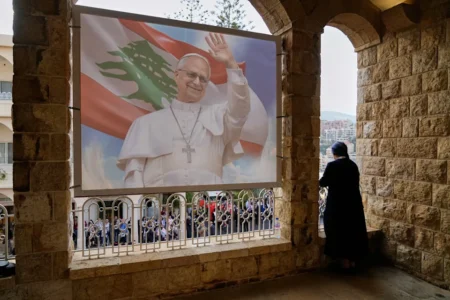The world watches closely as Iran edges closer to a critical decision about its nuclear program. Questions swirl about whether a major announcement from Iran’s leadership is imminent, possibly as soon as today or tomorrow. Recent reports shed light on Iran’s nuclear activities, but bigger developments might be hidden behind the scenes.
Following an attack by Israel, Iran declared that Tel Aviv’s aggressive actions prove the time has come to consider building nuclear weapons. A powerful explosion shook Tehran’s skies, highlighting growing tensions in the Middle East. On Thursday night, Israel launched a sudden strike on Natanz, one of the region’s most sensitive nuclear sites.
Multiple locations in Tehran were also reportedly targeted. The attack resulted in the deaths of top military commanders and nuclear scientists. This has sharply raised tensions between the two countries. In response, Iran fired missiles into Israel early Friday morning.
Israel’s Prime Minister described this operation as a vital act to protect national survival. He warned that if Iran is not stopped, it will likely build a nuclear weapon within months. Although Israel has never officially confirmed possessing nuclear arms, this warning adds to the region’s anxiety.
Iran’s Foreign Minister called the Israeli strike an act of madness. He insisted that Natanz is a peaceful nuclear facility under direct supervision of the International Atomic Energy Agency. The minister also warned the attack could have led to a severe radioactive disaster affecting the entire region.
Despite the damage, Iran said it is not rushing to retaliate forcefully. An American arms control expert commented that Israel’s Prime Minister offered no new intelligence. The expert explained that Iran’s progress in making reliable explosives has been stalled for months. This is not new information.
Thursday’s attack raised concerns beyond just the nuclear facility. It threatens the fragile stability of the entire Middle East. If Israel’s goal was to prevent nuclear fallout, questions remain why all strategic sites were not targeted simultaneously.
The ongoing conflict has sparked intense worry in diplomatic circles worldwide. The flames ignited between these nations may be difficult to extinguish. Whether Iran will now move decisively toward building nuclear weapons remains the central question.







